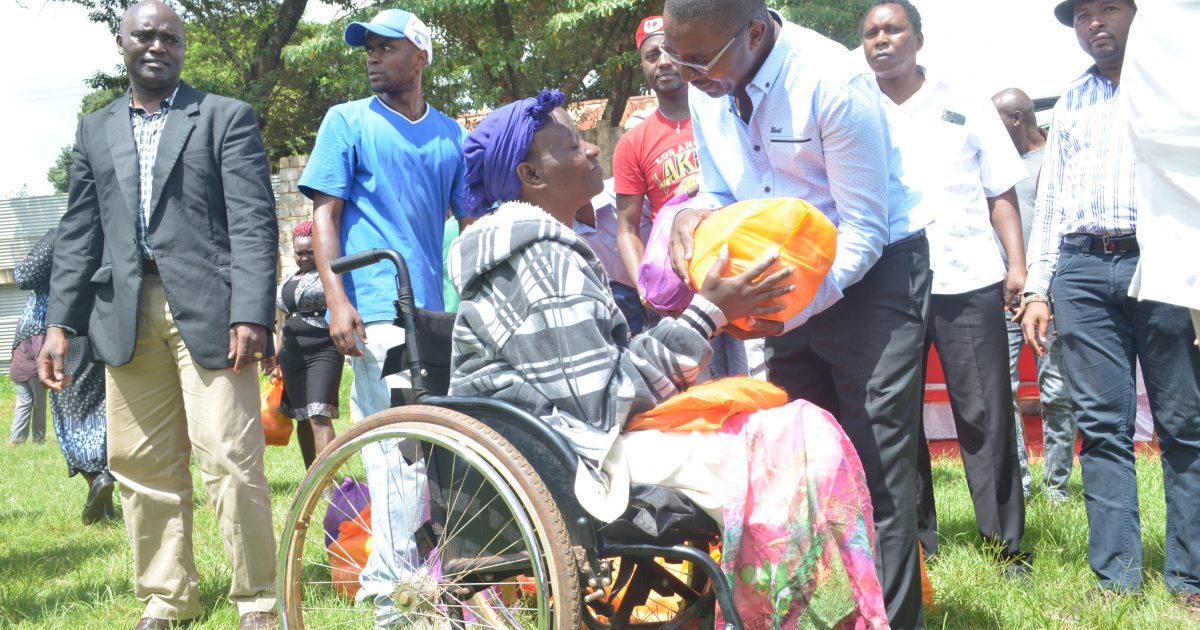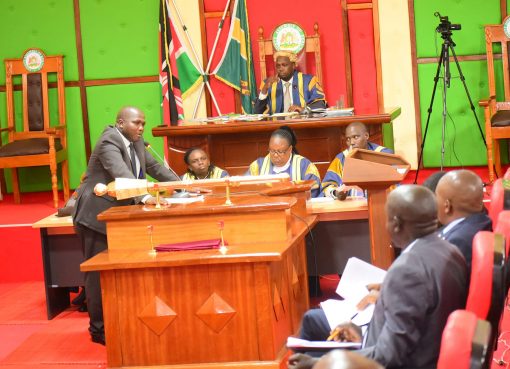Murang’a County administration has pledged to bail out petty offenders in remand prisons to enable them celebrate Christmas with their families.
Governor Mwangi wa Iria said his administration will pay cash bails for 100 offenders who were granted minimal cash bails but failed to raise the amounts and ended up in custody.
The offenders to be supported, the governor said, are those who will prove to be ready to attend trials of their cases until they are concluded.
Speaking when he distributed Christmas goodies to destitute families from the county on Monday at Ihura Stadium, Governor Wa Iria regretted that some offenders were unable to raise as little as Sh. 1, 000 cash bail.
“It’s a sorry state as some offenders are unable to raise petty amounts of bail issued by courts and as a way to remember them during this Christmas time, I have asked for 100 offenders to be helped by being freed from remand,” added the governor.
Officials of two government Prisons including Murang’a and Maranjau prisons will identify the offenders to be bailed out.
Releasing of the offenders, Mwangi noted, will also reduce congestion in remand and allow them spend the festive time with their families.
During the occasion 200 destitute people from every ward in the county were given food stuffs to enable them celebrate during Christmas and New Year holidays.
Meanwhile Governor wa Iria said the County Water Act which was adopted by local county assembly recently will be operational from early 2019.
The Act he said will help in increasing water connections and affordability to thousands of Murang’a residents.
The county in has been rocked by water tussles pitting the county government and local water companies.
In November the county assembly passed a water bill despite opposition from water firms which are objecting to a move by the county administration to take over the management of the companies.
Mwangi said the new law will help the county government implement various water projects and help many residents get connected to the basic commodity.
By Bernard Munyao
Petty offenders in Murang’a to be bailed out





